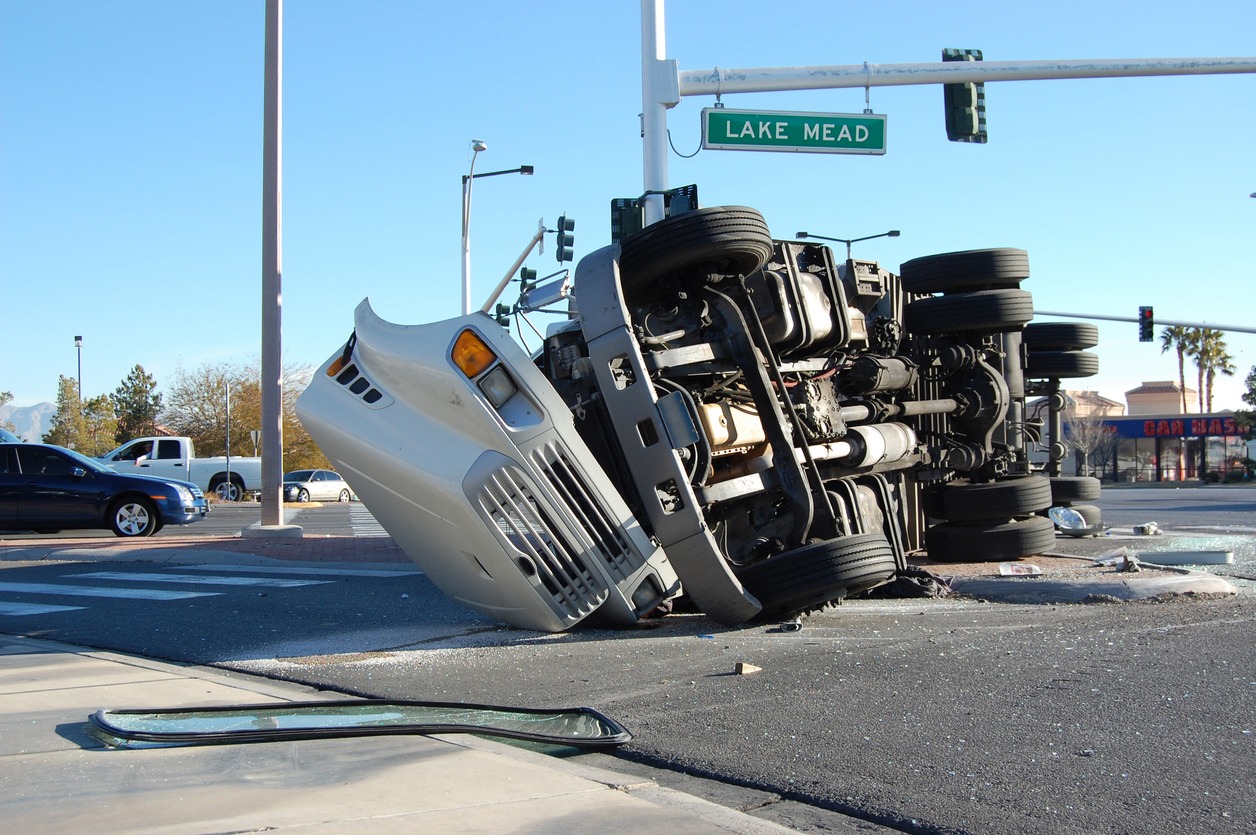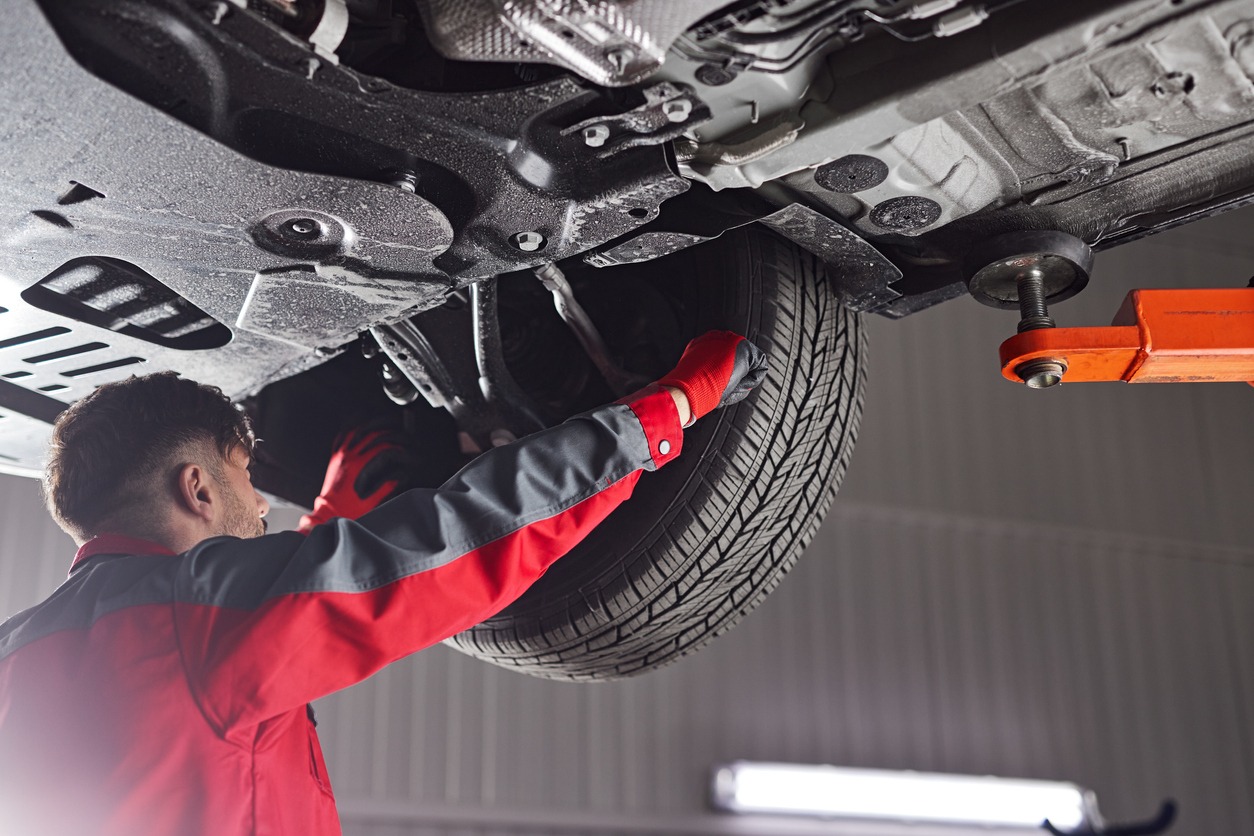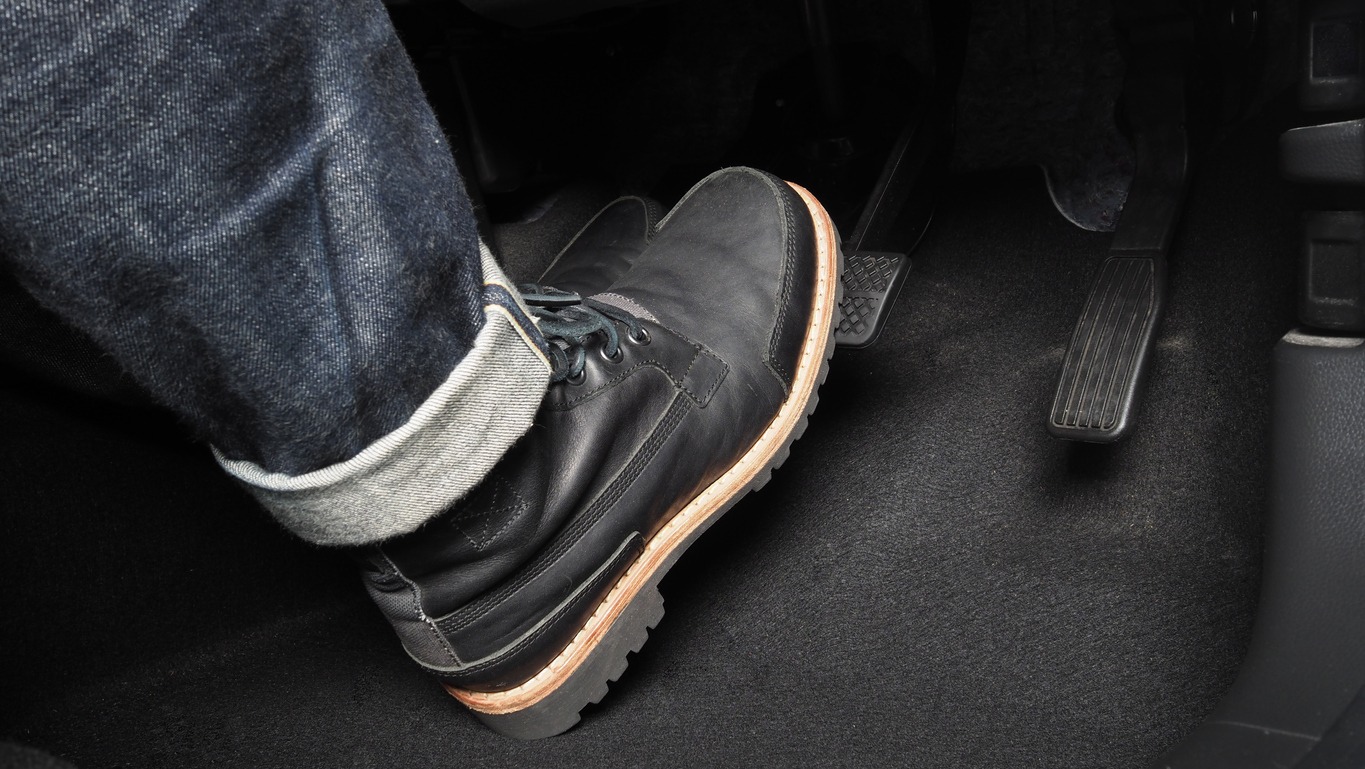Have you ever considered finding out the exact towing capacity of your vehicle? If you’re contemplating the purchase of a new trailer but are unsure about your car’s capability, it’s crucial not to underestimate the importance of maximum towing capacity.
Going beyond the intended towing limit of your vehicle can put excessive strain on your engine and transmission, accelerate brake deterioration, harm your tires, and even cause structural distortion in your chassis. This, in turn, can result in catastrophic failures while driving, potentially leading to property damage or severe injury. To ensure the safe towing of a trailer, it is essential to determine your vehicle’s towing capacity and compare it with the tongue weight of the trailer.
Knowing your Vehicle
Regrettably, obtaining the towing capacity of certain vehicles can be a challenging task. The ability of a vehicle to haul weight can be influenced by factors such as its engine, transmission, and suspension. Typically, vehicles that possess sufficient power for towing heavy loads are equipped with various options for each of these components. Plus, truck manufacturers provide towing packages that can alter axle ratios and tire types, as well as include factory-installed hitches.
Luckily in today’s era, numerous truck and SUV manufacturers have simplified the process by affixing a sticker on the driver’s door jamb. This sticker contains essential towing details, including GVWR (Gross Vehicle Weight Rating) and GAWR (Gross Axle Weight Rating). Similarly, you can typically find comparable charts within the owner’s manual of your vehicle. However, accurately interpreting these charts requires knowledge of the specific equipment package that your car or truck possesses, which may not always be evident when purchasing a used vehicle.
The majority of truck and SUV manufacturers offer online resources where you can retrieve this information by entering your vehicle’s VIN (Vehicle Identification Number). Websites and online info tools are now easily accessible to car owners looking up these data.
The Right Towing Capacity
You should ensure that your towing capacity exceeds the maximum weight you plan to tow. Your tow vehicle must be capable of carrying its own weight, along with the weight of all passengers and cargo inside it.
Additionally, it must be able to handle the weight of the trailer being towed and everything loaded onto the trailer. The vehicle should have sufficient power to pull the combined weight effectively and be equipped with a hitch that can handle the load as well.
It is important to consider the balance of the load, taking into account both the horizontal force required to move it and the vertical weight placed on the hitch and its mounting assembly attached to the vehicle’s frame. Keep in mind that there is no universal chart that can provide the exact weight of your specific load. Therefore, every single one of these factors must be considered.
The Consequences of Exceeding Towing Capacity: Impact on You and Your Vehicle’s Longevity
The fact that your pickup truck might have the capability to handle the additional weight of a boat for a short journey does not imply that it is acceptable to do so frequently.
Cars are specifically engineered to withstand a limited amount of force, and their construction is a testament to this fact. This is evident in the stark contrast between commercial trucks, which routinely transport heavy loads nationwide, and passenger cars. Commercial trucks are equipped with larger wheels, more robust engines, and stronger braking and suspension systems to accommodate the substantial cargo they carry.
Once you push your truck beyond its max towing capacity, several consequences begin to unfold. The strain imposed on your vehicle triggers a series of events: brake performance deteriorates, the increased weight contributes to tire failures, and the additional workload imposed on the engine leads to overheating. This overheating, in turn, places excessive burden on the drivetrain and accelerates the wear and tear on your transmission, ultimately shortening its lifespan.
While the immediate effects of exceeding the towing capacity may not be obvious right away, the gradual damage incurred will inevitably lead to eventual failure. The best-case scenario involves frequent visits to the repair shop, while the worst-case scenario entails a major accident or collision.
Indeed, if you persist in hauling an excessively heavy load, you may not even live long enough to witness the consequences of such wear and tear. This is due to the substantial weight exerting a significant impact on both your braking capacity and steering control. When the back of your vehicle is burdened with excessive weight, the front tires experience reduced traction with the road surface. As a result, the lack of firm contact of the front tires with the ground significantly impairs your stability and handling. Furthermore, the brakes of your truck, originally designed to halt a specific weight limit, will either require significantly more time to decelerate the vehicle in emergencies or may fail to function altogether.
Conclusion
By surpassing the towing capacity of your vehicle, you subject a lot of car parts to excessive strain, ultimately leading to negative consequences. The additional workload imposed on the powertrain significantly shortens its lifespan. While your car may not explode, there is a risk of the frame becoming deformed, the transmission overheating, and the differential failing. Due to excess weight, your vehicle may not be able to safely stop in time when you need it to. The transmission is prone to deterioration as overheating and increased friction from the added pounds take their toll. There’s also the risk of bending or buckling the vehicle’s frame, compromising structural integrity. Lastly, exceeding the towing capacity jeopardizes stability and handling, posing a potential hazard to others on the road.
Braking is undeniably one of the most critical factors when it comes to surpassing towing capacities. When a vehicle hauls a trailer, it is burdened with extra weight, resulting in an increased overall mass of the car. This prolongs the braking distance, which becomes particularly crucial in emergency situations. Like, if you are towing a boat and a pedestrian unexpectedly crosses your path, the distance required to stop will be significantly longer, potentially preventing you from stopping in time. All this info considered, it is evident that towing necessitates careful consideration of all safety prerequisites concerning your trailer, hitch, and vehicle. While it might be tempting to surpass the towing capacity on a single occasion, it is strongly advised against doing so, as it can lead to costly damages to your car or truck, and pose risks to yourself and others.




